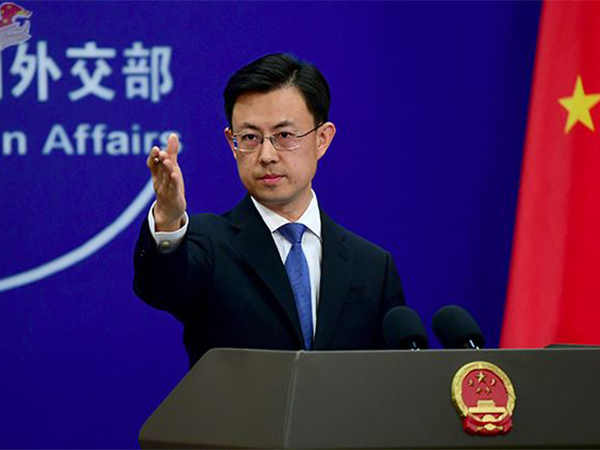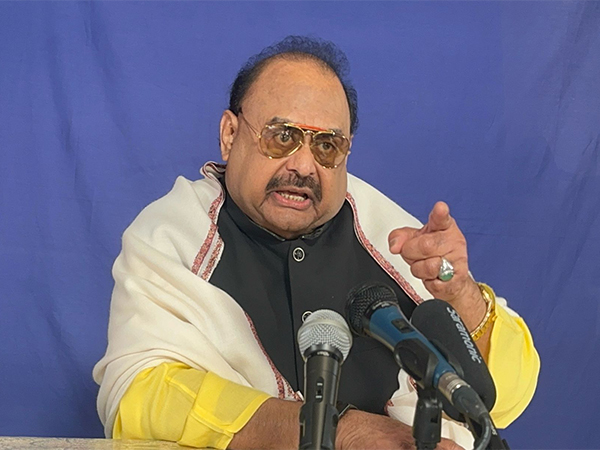China uses surveillance devices, national security procedures to impose crackdowns on foreign media: Report
Apr 15, 2021

Beijing [China], April 15 : The Chinese Communist Party (CCP) uses the standard operating procedures of "national security investigations" and surveillance systems to track and impose crackdowns on foreign journalists and they were subject to intimidation and harassment.
According to a report by Jianli Yang in National Review, the CCP has a long and thorough history of monitoring and tracking foreign journalists reporting in China. Even 2020, the year the coronavirus emerged from and peaked in China, was no exception.
"The CCP has a long and thorough history of monitoring and tracking foreign journalists reporting in China. Even 2020, the year the coronavirus emerged from and peaked in China, was no exception. The state's surveillance system, used to monitor and track the spread of the coronavirus, was also effective at tracking foreign journalists who covered events as they unfolded," he wrote.
The Chinese dissident stated that for the third consecutive year, a survey conducted by the Foreign Correspondents Club of China (FCCC) has revealed that working conditions for reporters did not improve in any way.
In 2020, just as the FCCC reported in 2019, foreign journalists, their Chinese colleagues, and all those whom they tried to interview were subject to harassment, intimidation, and expulsion.
He wrote: "The scrutiny was particularly intense because of the CCP's desire to control how the coronavirus was covered, and in response to early, widespread coverage of popular protests over the inept handling of the pandemic by state authorities in Wuhan and other cities in January-February 2020."
"The standard operating procedure of the Chinese state has been to use "national security investigations" to prevent reporters from leaving China, or not renewing visas and/or expelling them, depending on individual cases," Jianli who was also a political prisoner in China wrote in his article for National Review.
When not detaining or expelling journalists outright, the state also imposed restrictions on movements and obstructed travel within China, creating major problems for media personnel, he stated.
But the coronavirus was not the Chinese Communist Party's only motive for censorship. It also tried to cover up developments in Xinjiang province wherein the CCP has been known to commit 'genocide' against Uyghurs.
"Chinese nationals working for foreign media in the PRC bore the brunt of state repression in 2020. Authorities regularly interrogated them, in many cases forcing them to resign and in some cases putting them under detention. This created major staffing problems for foreign media operating in China," the political prisoner wrote.
"Whatever press freedom there may have once been in China seems likely only to get weaker," he concluded.
In March it was reported that the Chinese have been pressurising family members to intimidate journalists reporting about the atrocities against over a million Uyghurs in Xinjiang, as recently shown by the detainment of two brothers of a Radio Free Asia (RFA) journalist who has been missing since 2018, according to Xinjiang officials.
China stands at the 177th Position on the World Press Freedom Index out of 180 countries. According to Reporters without Borders, Beijing has used the crisis to further tighten its control of the media, banning the publication of any reports that question how it has been managed.

















